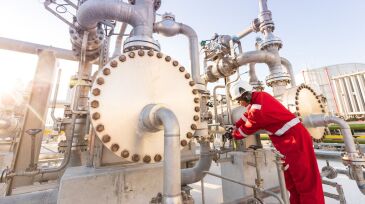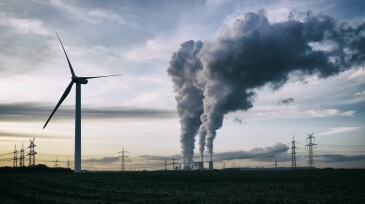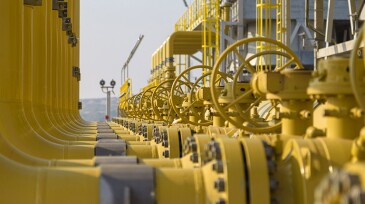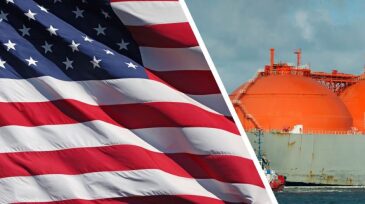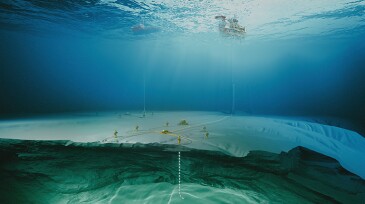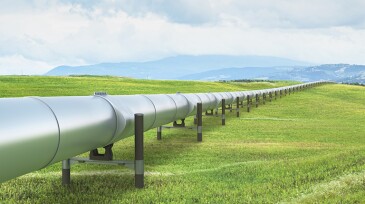Risk management
From credit markets to grid constraints, the forces shaping energy today go far beyond price. Inside the inaugural E3S symposium, industry leaders, policymakers, economists, and students explored how technology, financing, permitting, and supply chain resilience are redefining what it takes to power the energy future.
Enverus projects 2026 activity aimed at gaining access to gas along the Gulf coast and disaggregation of assets.
SPE President Jennifer Miskimins lent her expertise to Science Friday’s conversation about Venezuelan oil, explaining the reality of what it would take to extract and refine it.
-
As Europe’s second-largest LNG hub after Spain, the UK promises to play a near-term role as an “energy bridge” to ease the EU’s dependence on Russian energy, given that the UK can ship regasified product directly to the continent via subsea pipeline.
-
The surge in oil and gas prices has reminded Europeans that they still need hydrocarbons and reminds them why they want to replace them.
-
What may have been a sense of uneasy security in countries around the world that relied on imported oil and gas has been shaken off. Russia’s invasion of Ukraine, and its role in supplying natural gas to the EU, highlights just how quickly the sourcing of fuel can or must change.
-
A transatlantic task force will be formed to oversee the EU’s goal of reducing Europe’s dependence on Russian fossil fuels and strengthen European energy security.
-
Regarding the long-term risks to our industry and a decreasing role of oil and gas in the energy transition in the future, I see an opportunity for companies to expand into new business segments and our members into new career opportunities.
-
Why you should be cautious about using today’s higher inflation rates in your asset-retirement calculation.
-
Chevron said it is returning production to normal after a week of antigovernment protests caused logistics disruptions in Kazakhstan’s principal oil-producing region, Mangastau, which borders the Caspian Sea.
-
In this paper, a complete safety-management approach and a contingency plan are developed for carbon dioxide waterless fracturing operations.
-
After more than 2 decades of talk, multiple millions of dollars in investments, and a decade’s worth of joint industry projects, operators are starting to get on board with electrification as the base case for subsea solutions.
-
The complete paper provides tools useful for decision-makers to prevent adverse pipeline incidents caused by human action, poor facility performance, accidents, emergencies, and external events.




